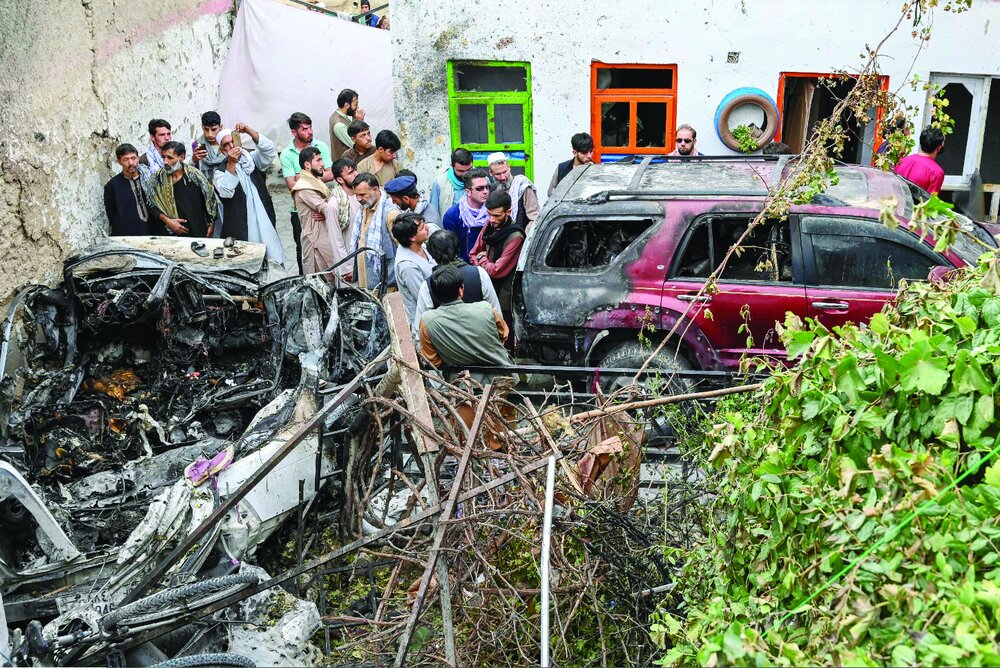INSUBCONTINENT EXCLUSIVE:
named Ashraf Ghani who relied heavily on the United States.
The story of how Taliban came to power goes back to the Doha agreement signed in
are committed to their longstanding relationship and their investments in building the Afghan institutions necessary to establish democratic
Central Asian country as a safe haven
What happened to those claims?Pundits were of the opinion that 20 years of war between United States -led troops and insurgents were beyond
not important to Pompeo or the Taliban at the time
The United States , under Donald Trump, only wanted to find a route to flee Afghanistan and cover up its foreign policy blunders, including
the Afghan negotiating team.The Doha deal set fighting constraints for both the United States and the Taliban, as well as the removal of
all NATO forces from Afghanistan
The United States committed to reduce its troop level from 13,000 to 8,600 within 135 days (by July 2020), followed by a full departure
within 14 months (by May 1, 2021).However, for the United States, things did not go as planned
The Taliban launched the takeover process on May 1, 2021, coinciding with the withdrawal of 2,500 United States troops and those of other
international partners from Afghanistan
In the first three months of the takeover, the Taliban managed to achieve major land grabs in the countryside, increasing the number of
areas it controlled from 73 to 223 in the rural areas.The Taliban started an advance on the provincial capitals on August 6, with most towns
Key cities such as Herat, Kandahar, and Lashkargah fell on August 13.On August 15, President Ashraf Ghani escaped the country, and the
Taliban conquered Kabul without resistance; hence, the government of the Islamic Republic of Afghanistan disintegrated, resulting in the de
facto control of the country and the resurrection of the Islamic Emirate of Afghanistan.Even before May 2021, the Taliban's effective use
of online social media, its strategic decision to attack northern provinces, and freely using major Afghan highways following the United
States -recommended strategy of sacrificing rural areas in favor of defending key urban centers played a vital role in their victory.On July
8, United States President Joe Biden told a press briefing that a Taliban takeover of Afghanistan is not certain, arguing that "the Afghan
Biden stated that the United States intelligence community did not believe the Afghan government would fall.When asked about whether there
December 2021, Ghani told the BBC that his "terrified" national security adviser, Hamdullah Mohib, whisked him out of Kabul on a
helicopter.When asked what he would say to the Afghan people, many of whom "blame you as their leader" for the current disaster, Ghani said
administration from years of peace negotiations with the Taliban, stating that agreements struck under United States peace envoy Zalmay
Ambassador Khalilzad sat down with them; it became an American issue, not an Afghan issue
arisen as a result of the former Afghan governments' reliance on the United States.The Afghanistan story demonstrates once again that
reliance on the United States would have disastrous consequences.

